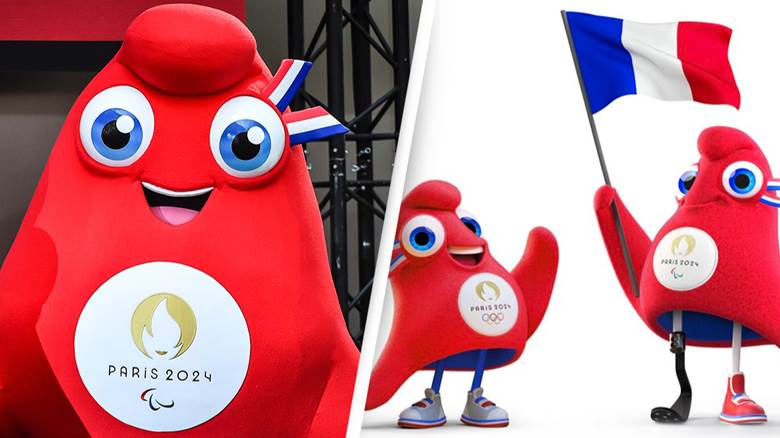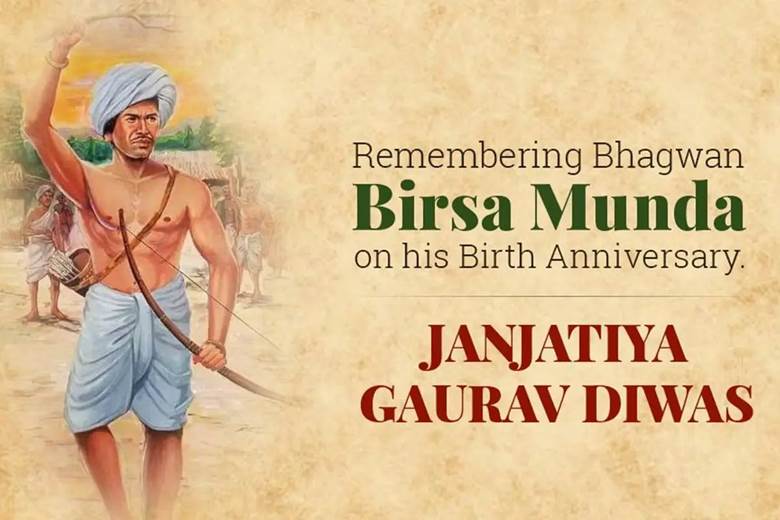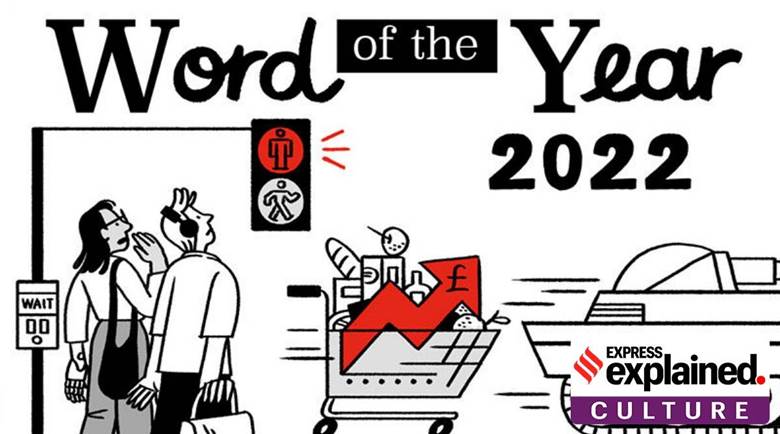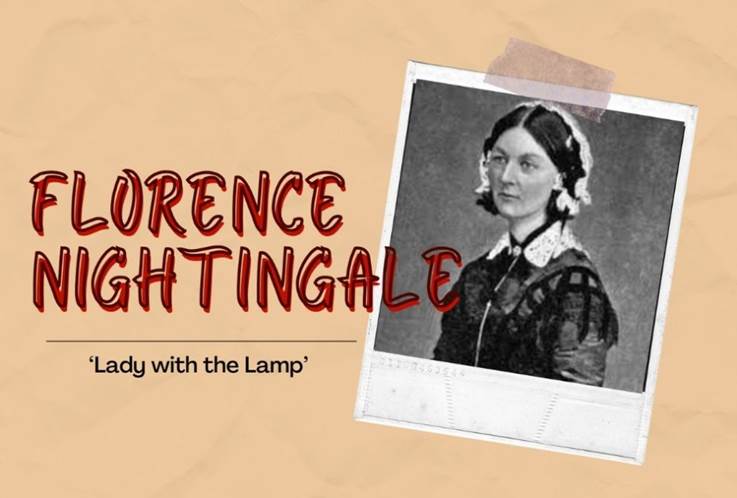Description
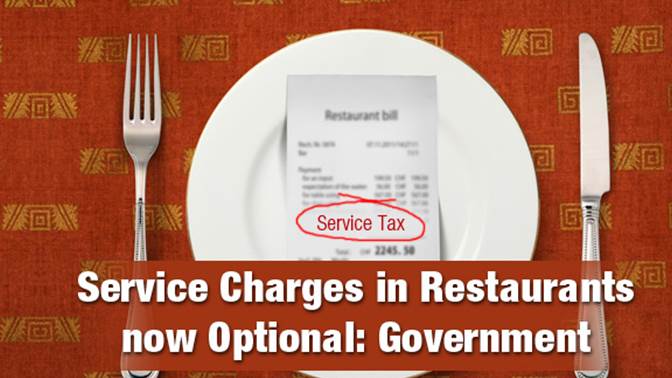
Copyright infringement not intended
In News
- Recently the Central Consumer Protection Authority (CCPA) issued several guidelines and asks hotels and restaurant owners not to collect service charges from customers.
- The Authority has stated that hotels and restaurants should not add service charges automatically to the bill.
- According to the guidelines, if any consumer finds that a hotel or restaurant is violating the guidelines, he or she may request to remove the service charge from the bill amount or lodge a complaint with the National Consumer Helpline.
- They can also file complaints with the Consumer Commission or the District Collector.
- The guidelines mentioned that “no hotel or restaurant can force a consumer to pay the service charge, and service charge is voluntary, optional and depends on consumer’s choice,”.
Consumer Protection Act, 2019
- Under the Consumer Protection Act, 2019, Central Consumer Protection Authority (CCPA) is empowered to protect, promote and enforce the rights of consumers, and prevent violation of consumers’ rights.
- The Act defined a consumer as a person who buys any goods or avails of service for final use.
- It does not include a person who buys a good for resale or a good or service for commercial purposes.
- It covers transactions through all modes including offline, and online.
- The Act clearly defined 6 Rights of consumers:
- Right to be protected against the marketing of goods and services which are hazardous to life and property.
- Right to be informed about the quality, quantity, potency, purity, standard and price of goods or services.
- Right to Choice among a variety of goods or services at competitive prices.
- Right to be heard
- Right to seek Redressal against unfair or restrictive trade practices.
- Right to Consumer Awareness
- Central Consumer Protection Authority (CCPA) to promote, protect and enforce the rights of consumers.
- It functions under the guidelines of The Minister of Consumer Affairs, Food and Public Distribution
- It regulates matters linked to the violation of consumer rights, unfair trade practices, and misleading advertisements.
- The CCPA has an investigation wing; they may conduct an inquiry or investigation into the case of violations of rules.
- Central Consumer Protection Authority (CCPA) functions;
- Inquiring into violations of consumer rights, investigating and taking appropriate action.
- It could pass orders to recall goods or withdraw hazardous services, and refund the price paid.
- It Issues directions to the concerned trader/ manufacturer/ endorser/ advertiser/ publisher to either discontinue a false or misleading advertisement.
- It imposes penalties on a manufacturer or an endorser of up to Rs 10 lakh and imprisonment for up to two years for a false or misleading advertisement. In case of a subsequent offence, the fine may extend to Rs 50 lakh and imprisonment of up to five years.
- It Issues safety notices to consumers against unsafe goods and services.
- Consumer Disputes Redressal Commissions (CDRCs) at the District, State, and national levels.
- Appeals from the State CDRC will be heard by the National CDRC.
- The final appeal to the Supreme Court.
- The District CDRC will entertain complaints where the value of goods and services does not exceed Rs 1 crore.
- The State CDRC will entertain complaints when the value is more than Rs 1 crore but does not exceed Rs 10 crore.
- Complaints with a value of goods and services over Rs 10 crore will be entertained by the National CDRC.
https://epaper.thehindu.com/Home/ShareArticle?OrgId=GJAA0FK45.1&imageview=0
1.png)
https://t.me/+hJqMV1O0se03Njk9








